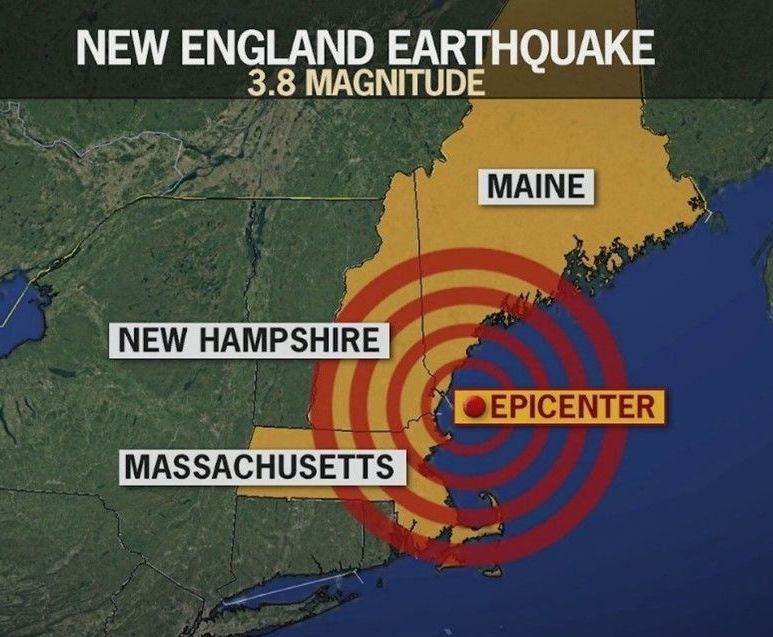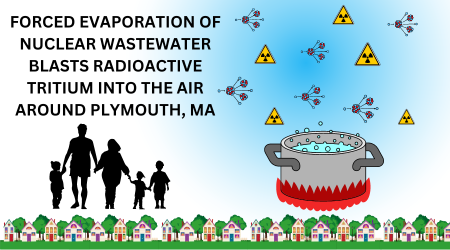Should states prop up Seabrook?
- By Natalie Hildt Treat
- •
- 12 Jun, 2018

A recent Boston Globe editorial stated that retiring nuclear plants could hurt climate goals, and that Mass. leaders should fight to keep it online. The editors didn't seem to be aware of the fact that Seabrook's concrete is failing, making its operating life far from certain. Many people weighed in on this important topic. Below is C-10's letter.
With crumbling concrete, future of Seabrook far from certain
I was surprised to see the Globe suggest that Massachusetts should somehow prop up, or perhaps subsidize, Seabrook Station’s power output to help meet CO2 goals. While the editorial addresses the need for new energy solutions, it fails to mention the problems at Seabrook that render uncertain the plant’s continued ability to operate safely.
The reason governments enact climate goals is to help protect people and the environment, while maintaining a viable economy into the future. How then could the Globe omit the fact that Seabrook is the only nuclear reactor in the nation known to be suffering from irreversible concrete degradation? This condition, known as alkali-silica reaction, or ASR, is sometimes referred to as “concrete cancer.”
The failing concrete at Seabrook, which affects all key structures at the plant, is what protects the public from deadly radiation in the core reactor and the 600 tons of high-level nuclear waste stored onsite.
We have real and serious climate challenges, and it’s true, nuclear doesn’t emit greenhouse gases — at the source. But with Seabrook under special oversight by the US Nuclear Regulatory Commission and its current license in question due to ASR, it would be unwise for the Commonwealth to count on the plant to operate decades longer than intended.
Despite the importance of Seabrook to the region’s power grid, state leaders must weigh the health and safety of their residents along with other policy drivers. Massachusetts and New Hampshire should ensure that Seabrook’s license extension isn’t granted without assurance that the public will continue to be protected from unintended radiological exposure.
Follow us



